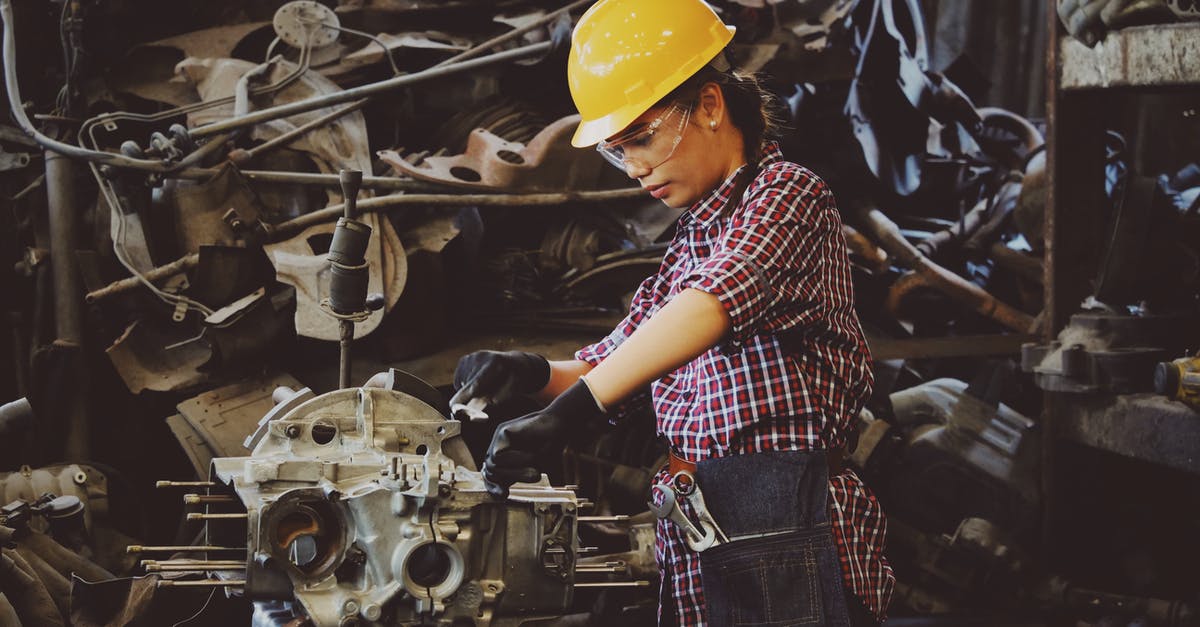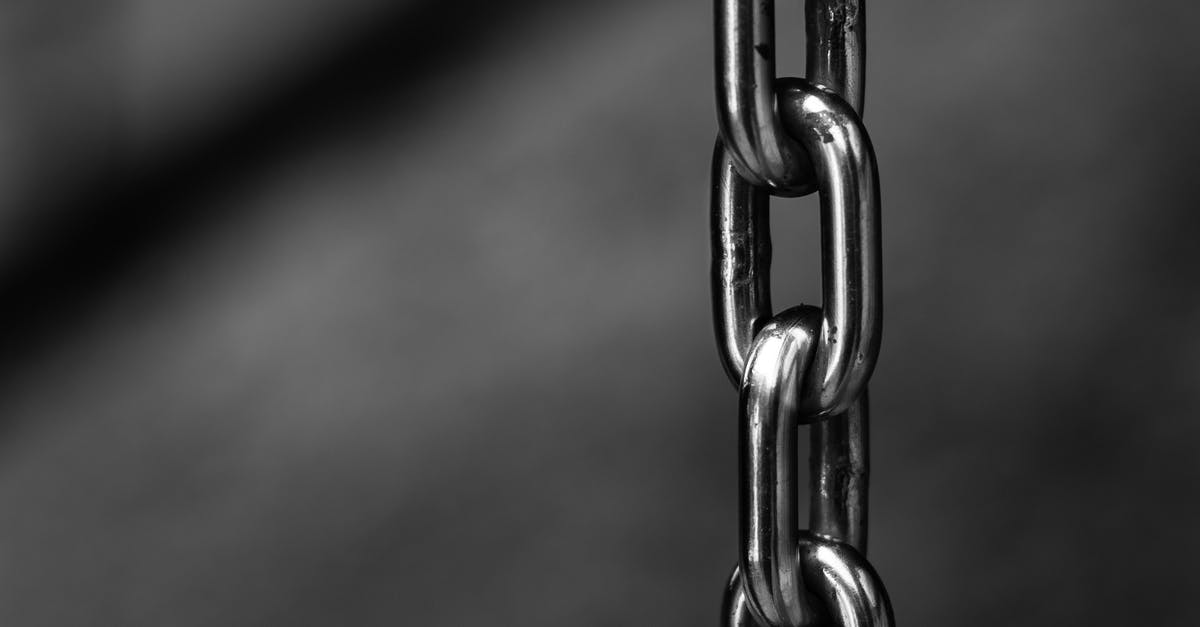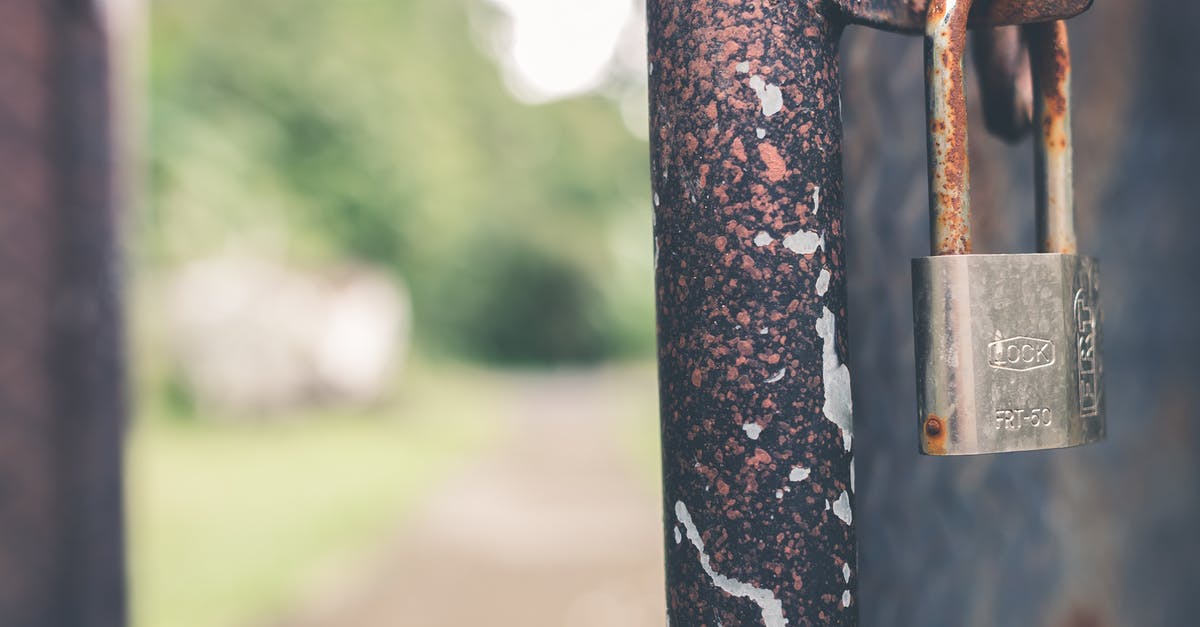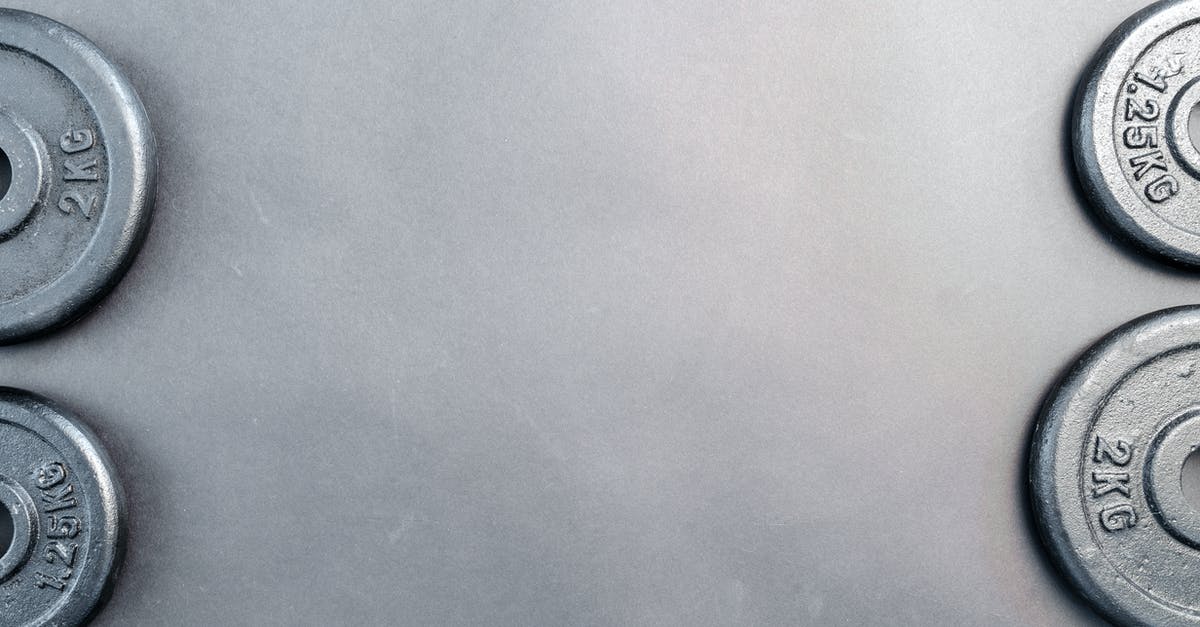Durability of hard andonised metal (aluminum)

Products like Hawkins Contura Black Pressure Cooker are hard anodised but haven't specified the metal used in the body, here. Others explicitly mention they are made from anodised aluminium.
I want to know whether hard anodising a metal (aluminum in this case) makes it stronger than steel? Steel doesn't get a dent if it falls from a height, can the same be said regarding this hard Andonised Aluminum?
Best Answer
Anodizing is a surface treatment that thickens the natural oxide layer of a piece of metal. Aluminum is the most commonly used metal that is anodized, but magnezium, zinc, and some other metals can also be anodized. Steel can not be effectively anodized.
So any description of pots and pans that uses "anodized" is almost certainly referring to aluminum.
It doesn't change the strength of the metal, only the surface properties - corrosion resistance, colour, etc.
Hard anodizing creates a thicker layer of oxide than "normal" anodizing, but it's still a surface treatment, it doesn't change the strength of the metal.
Pictures about "Durability of hard andonised metal (aluminum)"



What is Aluminium Anodizing and How Does It Work | Anodizing Process Overview
More answers regarding durability of hard andonised metal (aluminum)
Answer 2
'Durability' means a lot of different things, as it's concept of how well things last over time.
'Strength' actually has a specific meaning in material science, as it's the amount of force per area something can take without causing significant plastic deformation. (ie, it doesn't bounce back when the load's removed)
'Toughness' is the amount of energy required before fracture, and because aluminium deforms to absorb energy, it's considered tougher than steel by weight in most conditions.
Annodizing can improve these two measurements (although, if I remember my classes, it's brittle so it'd help in compression not tension), but what we mostly care about is it changes the surface characteristics is improve the 'hardness' (likelihood of scratching for the most part) and changes its corrosion characteristics (eg, how it behaves in contact with acids).
Sources: Stack Exchange - This article follows the attribution requirements of Stack Exchange and is licensed under CC BY-SA 3.0.
Images: Chevanon Photography, Pixabay, Artem Beliaikin, Lukas
